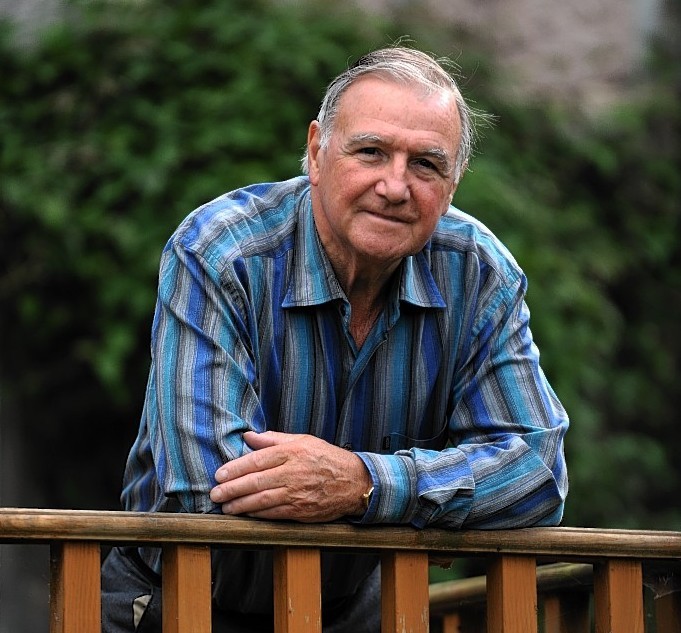Former north-east MP Lord Bruce of Bennachie has insisted the UK’s commitment to spend 0.7% of national income on overseas aid is more important than ever post-Brexit.
The Liberal Democrat peer also said the UK should continue to contribute to the EU’s aid budget, even once it leaves, via a negotiated partnership.
This currently amounts to some 15% of the overall amount, he told the Press and Journal.
Lord Bruce, who chaired the international development committee when he was MP for Gordon, described the 0.7% figure as “under attack from Brexiteers and Ukippers”.
Accepted in principle from 1974, it became enshrined in law last year when former Scottish Secretary Michael Moore’s private members’ bill passed with the support of the then coalition government.
This meant it became legally binding for governments to meet it each year, but there remains opposition.
The number itself was first adopted by a United Nations resolution in 1970 and is a target for donor countries to contribute 0.7% of their gross national income (GNI) as overseas development assistance (ODA).
Former Liberal Democrat deputy leader Lord Bruce said: “The 0.7% is more important than ever and it’s under attack.
“To cut it would only reinforce that negative of Brexit that the UK is turning its back on the world.”
He added: “Fifteen per cent of the EU’s aid budget comes from the UK.
“If we were to withdraw that it’s going to affect the delivery of the aid programme.
“We should be negotiating a continuing partnership.
“The EU has been assessed by the British Government as a good partner under the Multilateral Aid Review.
“And – if we brought it (the money) home – we would have to find other ways of delivering it.”
In July, Theresa May confirmed her government would honour its promise to spend the 0.7%, as well as continue to meet its Nato obligation of 2% of GDP on defence.
Priti Patel, the new international development secretary, echoed this after being appointed, pledging to “make sure we invest UK aid firmly in our national interest, while keeping the promises we’ve made to the world’s poorest people”.
But in 2013 she called for the department she’s now in charge of to be scrapped and replaced.
She said: “A long-term strategic assessment is required, including the consideration to replace DfID (the Department for International Development), with a Department for International Trade and Development.”
